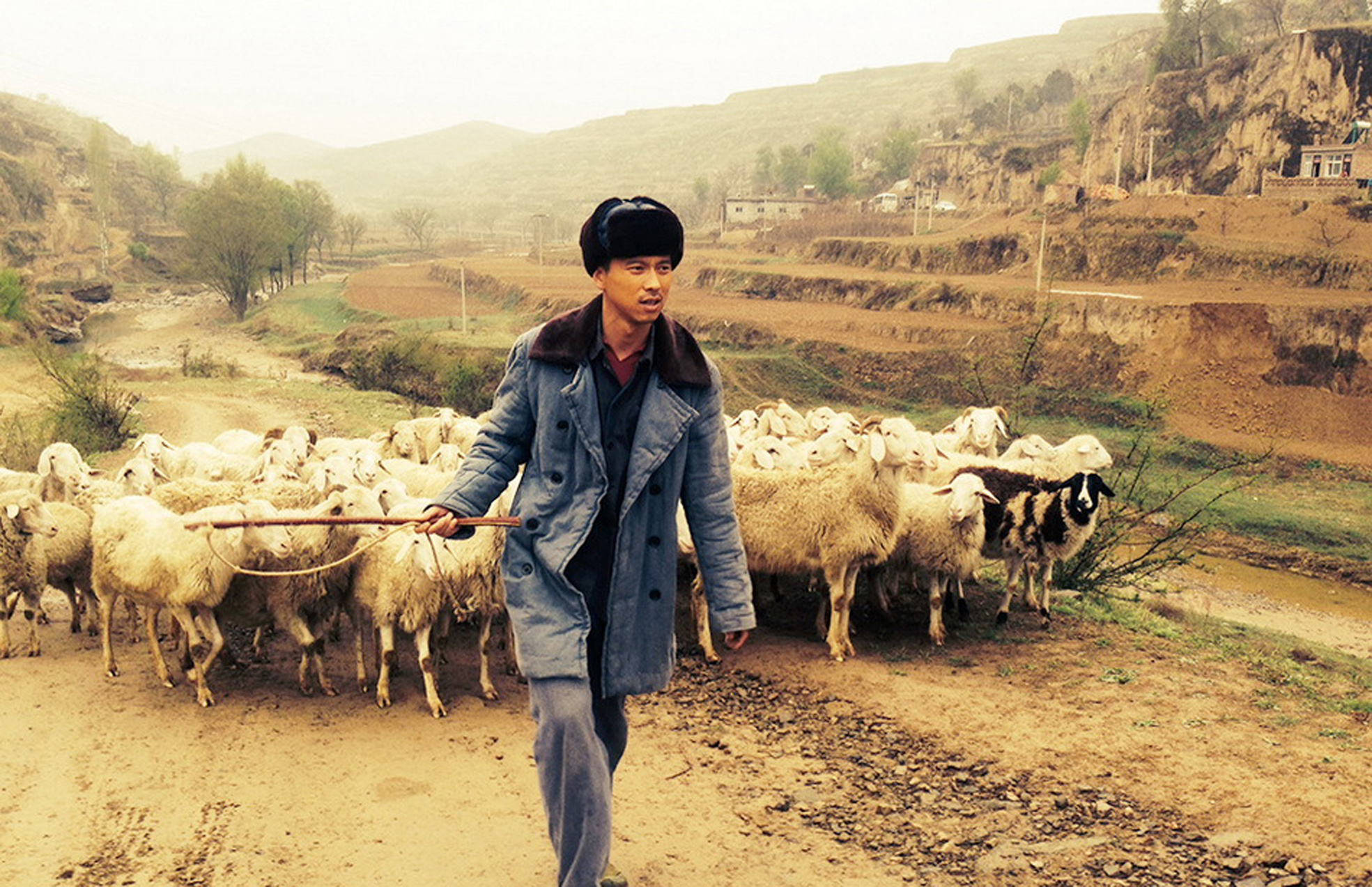Rural literature should reflect social change

The recent airing of a new TV series Ordinary World has once again cast a spotlight on rural literature. Adapted from a novel by Chinese author Lu Yao, the series depicts the tremendous changes in urban and rural social life in the reform and opening-up era.
In debates about modern Chinese literature, the topic of life in the countryside inevitably arises. Since the 1920s, Chinese writers, such as Lu Xun and Shen Congwen, have drawn upon their own experiences to write about the anxiety and confusion in rural China, and in doing so, they have guaranteed rural literature a special place in history as an influential genre.
The economic and social transitions China has undergone present this branch of literature with some new opportunities and challenges. In the new historical context, contemporary writers need to figure out how to use literature to tell the stories of life in the rapidly changing countryside.
Modern perspective
The influence of industrialization has brought unprecedented change to the traditional rural areas of China, prompting Chinese writers to re-examine it from the perspective of modern scientific and humanistic reason, thus marking the beginning of rural Chinese literature.
Ding Fan, a professor from the School of Liberal Arts at Nanjing University, said that rural literature is born amidst the conflicts between agricultural and industrial civilizations. It is through juxtaposition with the industrialization and urbanization that the charms of China’s countryside stand out.
In traditional Chinese literary concepts and texts, there is no “rural literature,” said Zhang Qinghua, a professor from the School of Chinese Language and Literature at Beijing Normal University. The origin of rural writings can date back to the thoughts of the Enlightenment, when Chinese writers re-examined the rural experience and living order from the stance of an “outsider.” That is to say, rural literature mainly depicts the “rural experience in a modern perspective,” Zhang continued.
Since the birth of rural literature, there have been two utterly different writing styles that represent different values and aesthetic orientation, said Wen Fengqiao, a professor from the College of Liberal Arts, Journalism and Communication at Ocean University of China.
Wen said the works of Lu Xun, Xu Qinwen, Zhao Shuli display a high level of self-awareness, with a distinct sense of criticism and cultural enlightenment that established the initial aesthetic tone for Chinese rural literature. Today, cultural criticism is still the hallmark of this genre.
At the same time, Fei Ming and Shen Congwen have taken a different approach by showing more romantic sentiment, artistic conception and idealism in their works, opening a new chapter for Chinese rural literature, Wen noted.
Migrant literature
Since the reform and opening up, social structure in rural China has changed dramatically. Rural literature also faces significant challenges amid the transformation of life in the countryside. Some even say that the genre will disappear in the process of urbanization.
Ding said rural literature shows an affinity for themes of urbanization on the whole. For one, a large section of the rural population has migrated to the cities, so their survival in the process provides a vast amount of subject matter for Chinese writers, making “migrant literature” a growing sub-genre in the contemporary era.
Also, the rise of consumer culture has posed a challenge to traditional rural topics, values and literary creation, Ding continued.
“The relationship between Chinese writers and the countryside is changing profoundly, and it is bound to be reflected in rural literature,” said Wen, asserting that for a long time, China will remain a “rural” society and rural literature will exist as it is.
In Wen’s opinion, given the complexity of rural China, it is the duty of contemporary writers to bluntly face the pain, hardship and difficulties of rural China and truthfully write on the fate, emotion and cultural psychology of Chinese farmers while rethinking the relationship between man and land as well as man and nature.
Way forward
In the future, Ding said, rural literature needs to include the new “rural experience” in the social transition period to respond to the historical requirement for rural narratives. Rural writing needs to follow the general trend of modern transformation of Chinese society. In other words, it should reflect the way industrial civilization has supplanted agricultural civilization as the primary form of social organization, he said.
Wen said the boundaries of rural literature are changing. As its themes and subject matter further expand, the traditional narrative experience is no longer satisfactory relative to the appeal of new rural writing.
Rural literature in the future should offer a nuanced study of life today. It should examine the new experience and portray the countryside while reflecting its complexity in the era of change, Wen said, adding that there should be more writing that can match the era and fully demonstrate the soul and life of rural China.
Zhang Jie is a reporter from Chinese Social Sciences Today.

 PRINT
PRINT CLOSE
CLOSE